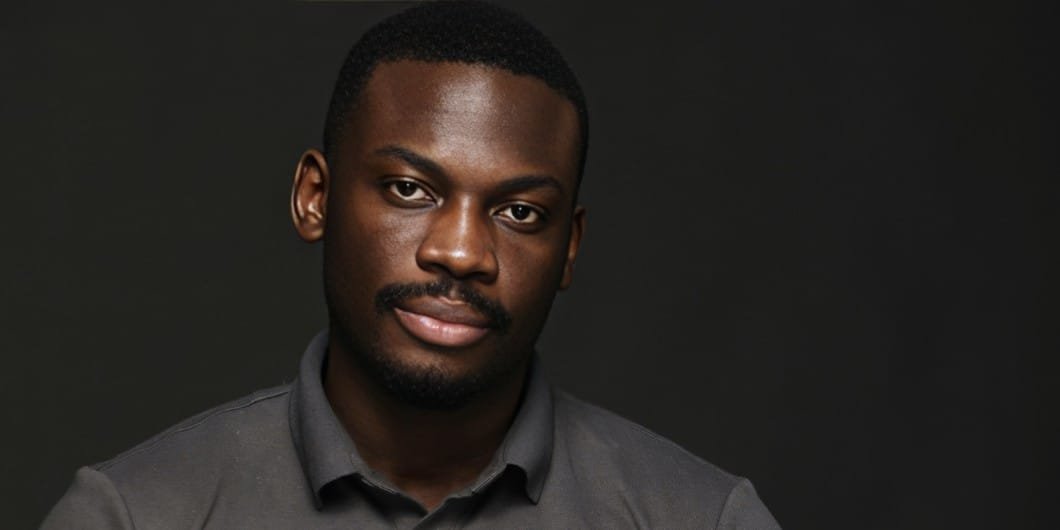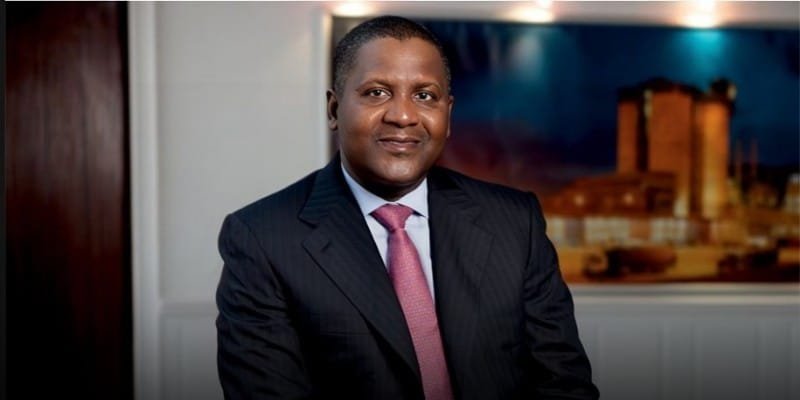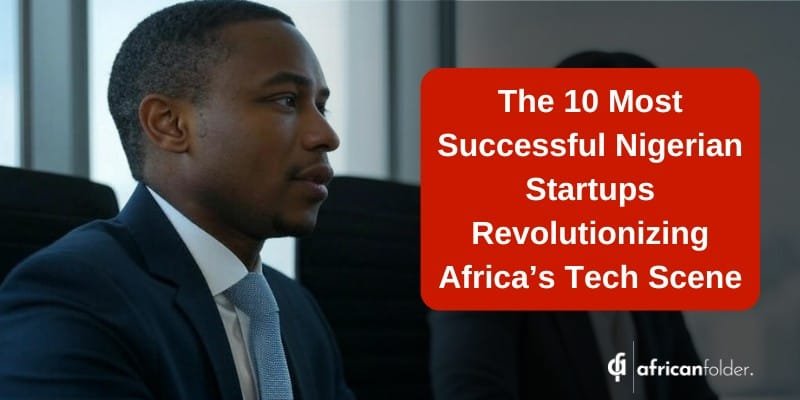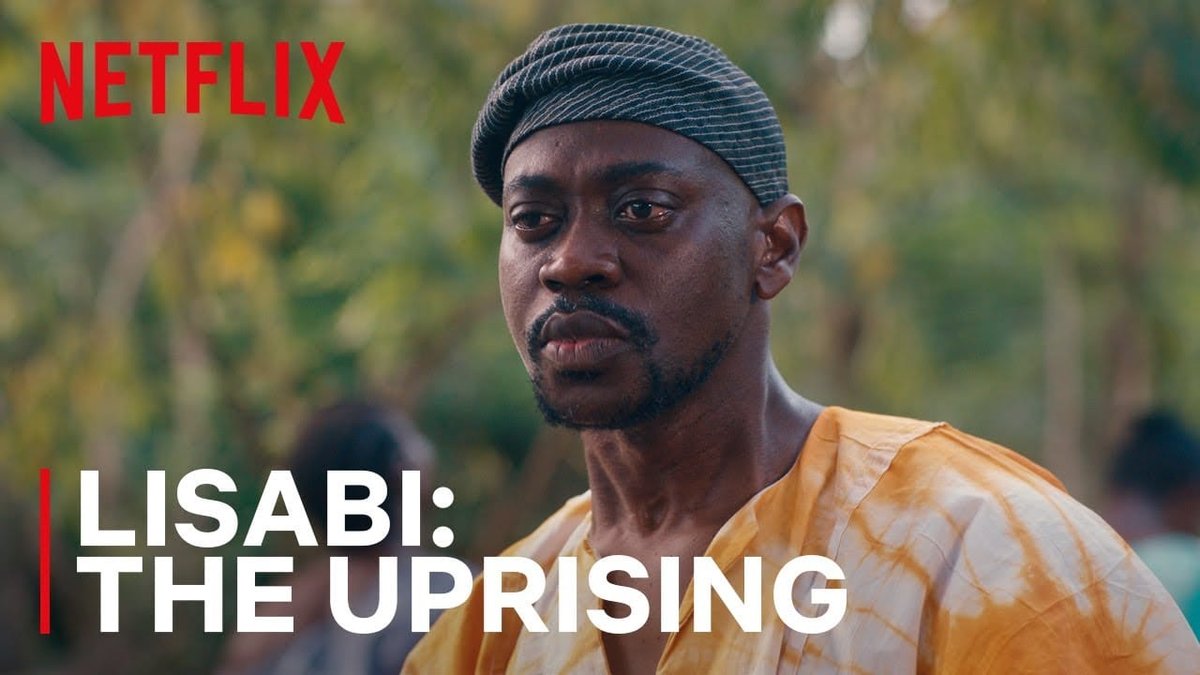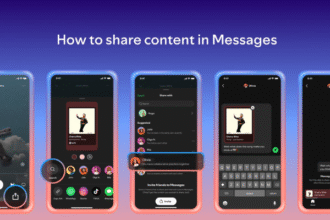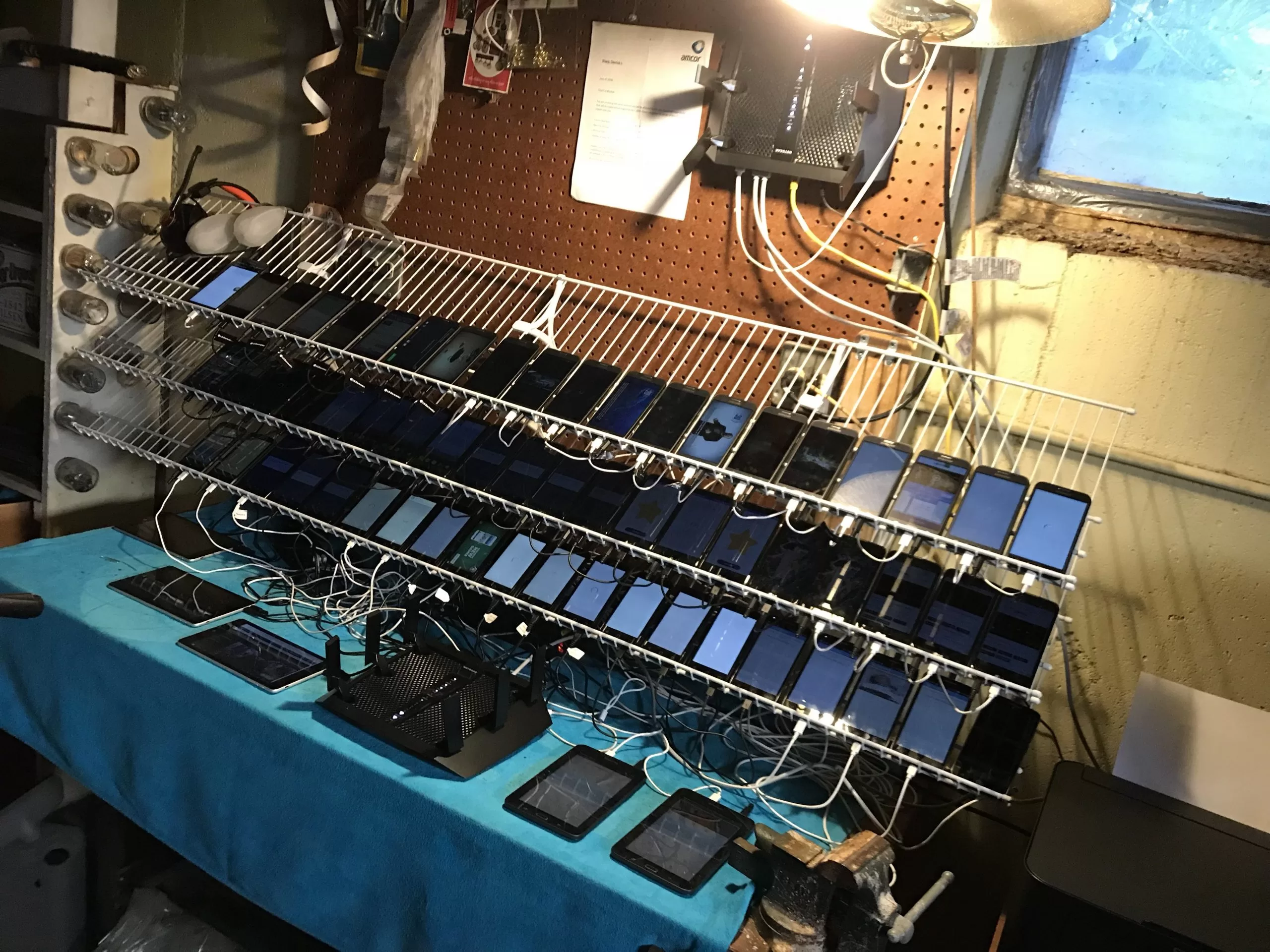Fintechs have long dominated Nigeria’s tech landscape, especially in payments and digital banking. While these solutions are crucial, there’s still a large gap for other tech innovations to emerge. Selar is one standout — a creator commerce platform empowering Africans to sell digital products easily.
Founded by Douglas Kendyson in 2016, Selar has helped creators across Africa monetise their work, with over $6 million paid out to date. It’s enabling a new generation of creatives to build sustainable careers, bypassing traditional gatekeepers.
According to Statista, global e-commerce revenue is projected to hit $4.32 trillion by 2025, led by China. Meanwhile, Africa’s online retail sector is accelerating, driven by a young population, rising smartphone use, and expanding internet access. Mobile e-commerce leads the charge, with mobile money and cash-on-delivery emerging as preferred payment methods across the continent.
Sub-Saharan Africa still faces barriers to accessing global digital tools due to regulatory and compliance hurdles. That’s why platforms like Selar matter — they’re not just building tools, they’re building access.
Africa’s creator economy, valued at $3.08 billion in 2023, is set to reach $17.84 billion by 2030, growing at 28.5% annually. Globally, the creator economy could climb from $143 billion in 2024 to nearly $1.5 trillion by 2034. While only 2% of creators have 100,000+ followers, most — around 140 million — are micro-creators, showing that even small audiences can drive big impact with the right tools.
In an exclusive interview with African Folder’s Founders Folder, Douglas Kendyson shares his journey, challenges, and how Selar is reshaping digital commerce in Africa.
Life before Selar
Growing up in a family of four, Douglas lost his father at the age of eight — a tough experience for any child. But having a supportive mother, one who stepped up and provided despite the odds, is something he considers a true blessing.
“My mom had a really strong mindset. She always said, ‘My children are not going to be like children whose father died and they sort of fell off the way.’ She made sure there was food on the table, money for school fees, clothes, all she wanted from her kids was to read their books and work hard. Interestingly, as I get older, I realise how much that shaped my passion for doing things,” he said.
By his 400 level at Covenant University, Douglas was already showing signs of the builder he would become. He was running a smart school solution for secondary schools — a project that was gaining momentum, even though acquiring customers came with its own challenges.
Not long after graduation, he landed an opportunity at Paystack. He acknowledges that Selar might not have happened without that first role, though he believes he would have still built something, thanks to his ever-present entrepreneurial spirit.
Since then, his journey has continued through roles at top companies like Flutterwave, Sarwa, Dapi, and more, all contributing to the wealth of experience behind one of Africa’s leading creator commerce platforms.
From Paystack to Flutterwave: Lessons that shaped Selar
Douglas spoke about his time working as a software engineer at two of Africa’s tech unicorns — Paystack and Flutterwave — while simultaneously building Selar.
Reflecting on that phase of his career, he said, “They were a very key part of my story.”
At Paystack, Douglas learnt the power of product excellence. “My time there gave me a strong sense of the importance of building a good product that people love and that does the job it’s meant to do. That has stayed with me and will stay with me forever,” he said.
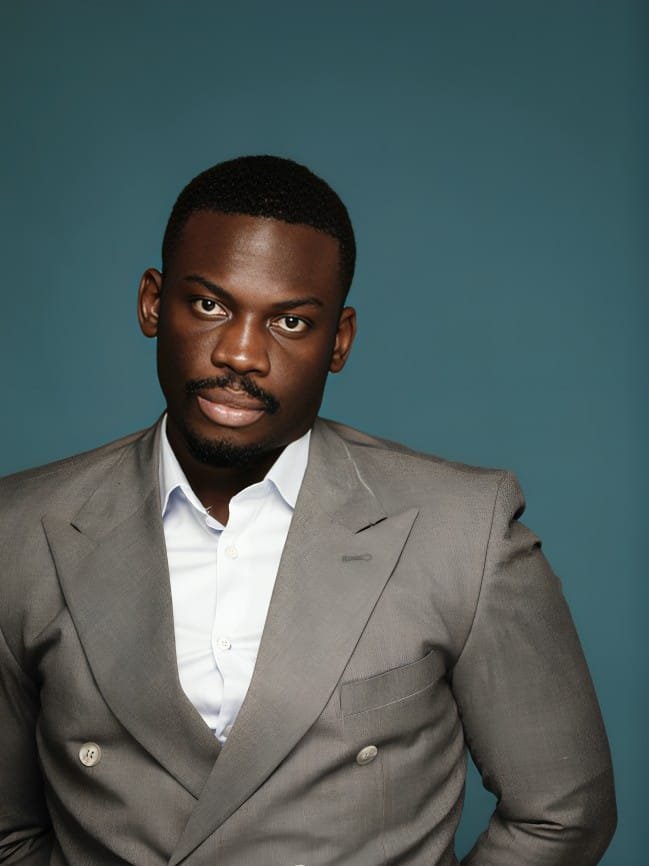
Moving on to Flutterwave, the biggest lesson was resilience. “There’s so much about resilience I learnt from working with GB [Flutterwave’s founder, Olugbenga Agboola] directly. Managing a team of 12 people and learning how to multitask effectively — even though I always loved multitasking, I learnt how to do many things well,” he explained.
The sequence of these experiences was pivotal, starting at Paystack and then moving on to Flutterwave — each shaping him in unique ways. “All my bosses have been phenomenal. Whether it’s Shola [Paystack CEO, Shola Akinlade], Ezra [Paystack Co-founder, Ezra Olubi], or GB at Flutterwave, they always brought me under their wings. They were very open and kind to me,” he recalled.
My time [at Paystack] gave me a strong sense of the importance of building a good product that people love and that does the job it’s meant to do. That has stayed with me and will stay with me forever.
Douglas Kendyson, 2025.
These early career lessons, especially around product development and resilience, continue to influence how Douglas leads Selar and approaches entrepreneurship across Africa.
Tanaly: The one that got sidelined
Selar’s journey is a testament to patience, consistency, and strong belief. Like many founders, Douglas had experimented with multiple products before finding the one that truly resonated.
In 2019, he was also working on Tanaly, a streaming app for gospel sermons. But over time, he realised he was better off focusing on Selar. It had traction, a clearer path forward, and offered more leverage than the other projects.
Could Tanaly make a comeback in the future? “We’ll see,” he replied with a smile.
Early exits, big doubts and Selar’s breakthrough moment
In its first year (2016–2017), Selar began with four other co-founders. But as time went on, life happened — priorities shifted, and they gradually stepped away to pursue other interests.
By the end of 2019, Douglas himself considered walking away. He was burnt out from his day job, and Selar had fewer than 5,000 users at the time. It felt like too much effort for too little return. A familiar feeling for many founders. Still, he chose to hang on a little longer, and just months later, Selar began to take off, bringing in ₦6 million in revenue and crossing ₦100 million in 2020.
While based in Abu Dhabi, working as a developer, Douglas actively collaborated with the marketing team. He credits that period for shaping his marketing perspective, skills that became vital for Selar’s growth.
When asked about the co-founders who left, whether they still have equity or feel any regret, he replied, “They don’t have any stake right now. When everyone left, there was no conversation about what was what. But we’re still very close — we keep a group chat. Regrets? I wouldn’t know.”
On the pace of Selar’s success, he reflected: “Something very typical in the startup world is that nothing is ever enough. We were hitting groundbreaking numbers on time, and instead of feeling good, I felt more anxious. Can we build this? Can we sustain this? I was constantly wondering how we could get more.”
By 2021, he began to take things more seriously, hiring Selar’s first engineer as the platform’s potential became undeniable. We also spoke about the user base and how it’s evolved in surprising ways.
People have used Selar for things he never imagined. One standout example is Wife In Waiting Devotional, a subscription-based community for single women. “In my wildest imagination, that use case wasn’t even close to what I pictured. There are so many of these stories, and that’s the beauty of the industry we’re in. The ideas people come up with and monetise are endless.”
When it comes to metrics, Douglas keeps a close eye on revenue (of course — proper Nigerian man, he joked). Selar’s subscription-based SaaS product is also growing quickly, which he finds especially exciting. This writer then posed a scenario: “Imagine you’re looking at two core metrics — revenue and active users. What if your active users drop significantly, but revenue spikes? Or the other way around?”
READ MORE: Omolara Sanni: The Nigerian Entrepreneur Simplifying Nigeria-China Trade
His answer was classic. “First of all, I would never check — I wouldn’t even know what the active user count was,” he laughed. “The day you see me digging deeper is when the revenue drops. Luckily, we have a data team that monitors all that.”
Selar’s journey to page one of search results
Search Engine Optimization is one of the areas Selar invests in heavily, focusing on ranking for keywords that are relevant to the product. Beyond PR efforts, it’s not just about visibility or clout—it’s about securing valuable backlinks, which are a key part of their growth strategy.
Something very typical in the startup world is that nothing is ever enough. We were hitting groundbreaking numbers on time, and instead of feeling good, I felt more anxious. Can we build this? Can we sustain this? I was constantly wondering how we could get more.
Douglas Kendyson, 2025.
Many users discover Selar through search engines like Google and Bing, making SEO a top priority. Douglas also shared an interesting update: Selar recently changed its domain from selar.co to selar.com. When they launched in 2016, the .com wasn’t available—it had been parked since the ’90s. They eventually acquired it for over $40,000.
Today, Selar has a presence in 13 African countries, including Nigeria, Ghana, Kenya, Benin Republic, Cameroon, Senegal, Côte d’Ivoire, Tanzania, South Africa, and Rwanda. While expanding into new markets, they’ve encountered a few culture shocks. Douglas notes that Selar’s performance in Southern Africa has been slightly different, partly because users there already have access to several global tools.
This highlights something mentioned earlier in this article—the limitations users in parts of Sub-Saharan Africa face when it comes to access, which makes local solutions like Selar even more crucial.
What’s next for Selar?
Douglas’ immediate goal for Selar is to translate the platform into other languages, starting with French, to better serve users in Francophone Africa.
Some of Selar’s upcoming features and projects include a scheduling and automation tool, an email marketing feature, an improved website builder, and their annual creator summit. Notably, the demand for email marketing has been high, and Douglas confirmed it’s already in development.
Beyond new features and regional expansion, Selar is also working on an anti-fraud campaign targeted at tertiary institutions.
The aim is to educate the younger generation on the dangers of fraud and show them there are legitimate alternatives. It’s a fitting initiative for a platform that has empowered thousands of creators over the years.
On competition, Douglas had this to say: “It does happen; it is happening. But right now, the focus is on closing the gaps we see—building a product people love. A platform that truly helps you sell digital products. I try not to worry about things I can’t control.”
He ended our conversation with a series of heartfelt shout-outs—to his former bosses, close friends (“they know themselves”), his lovers, and most especially, his mom.








